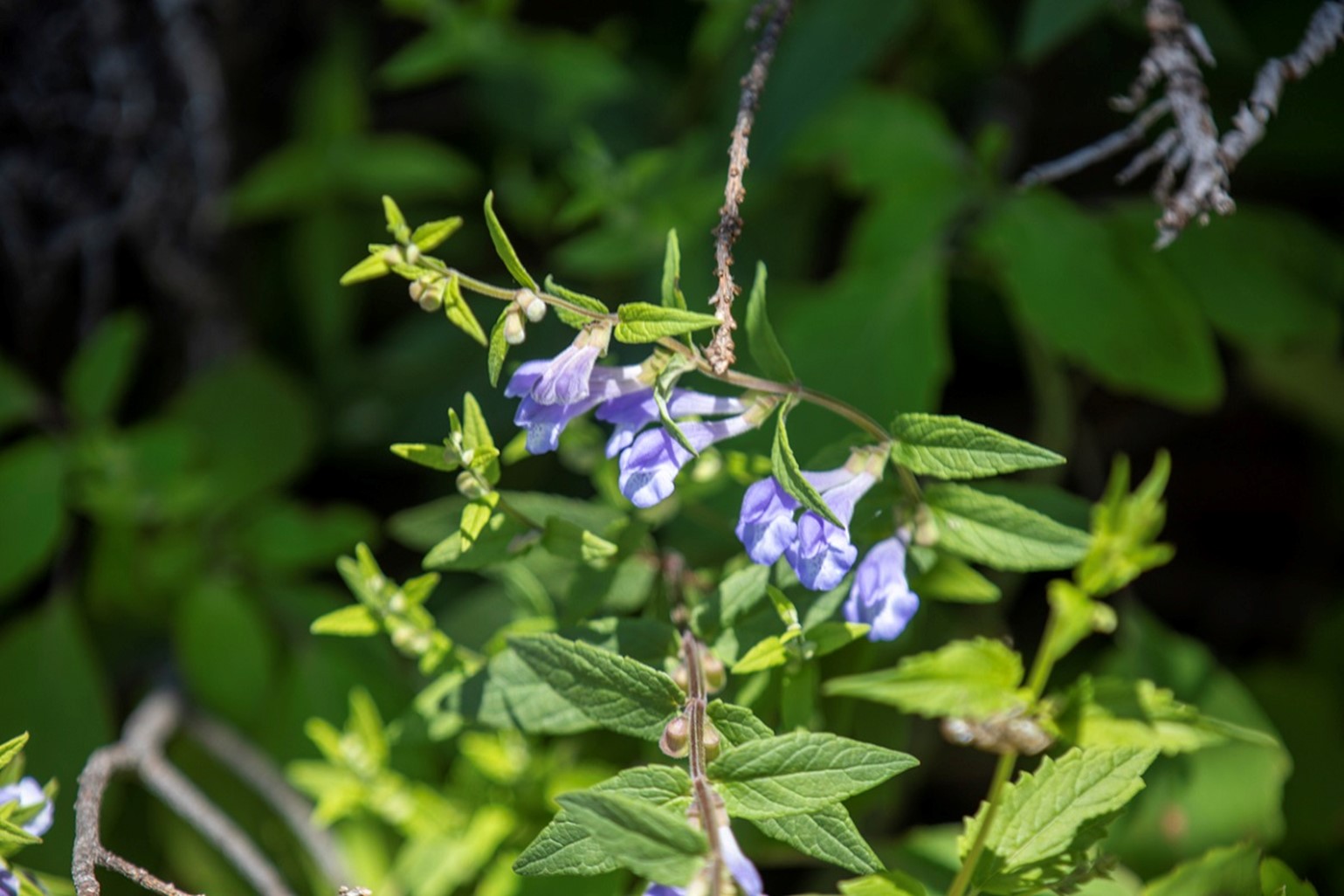An international collaboration of researchers led to sequencing of skullcap plant's genome. It helped identify how the plant produces a compound called scutebarbatine A that is known to act against a range of cancer cells.
The skullcap plant (Scutellaria barbata) is more commonly known in China as banzhilian. It is used for the treatment of different medical conditions in Traditional Chinese Medicine (TCM). TCM practitioners would boil the plant for two hours and dry the extract to produce a powder that has its isolated medicinal chemistry. The powder is given to patients to be taken as a decoction. Previous clinical work showed that preparations based on the skullcap plant during chemotherapy could reduce the risk of metastatic tumors in patients.
Researchers from the John Innes Centre and Chinese Academy of Scientists, with support from The Royal Society, were able to piece together the plant's genome sequence. They found that the primary metabolite has activity against cancer cells but not with cancer cells. This is vital for anti-cancer metabolites in drugs. The researchers said that the discovery could help develop a sustainable and quicker method to synthesize larger quantities of the anti-cancer compound using yeast.
Historical data shows that plant-based traditional medicines have helped modern researchers find leads for new drug discovery. Anti-cancer drugs obtained from TCM have higher efficacy and less toxic side effects than chemical synthetic drugs.
Source: https://www.isaaa.org/kc/cropbiotechupdate/article/default.asp?ID=20059




